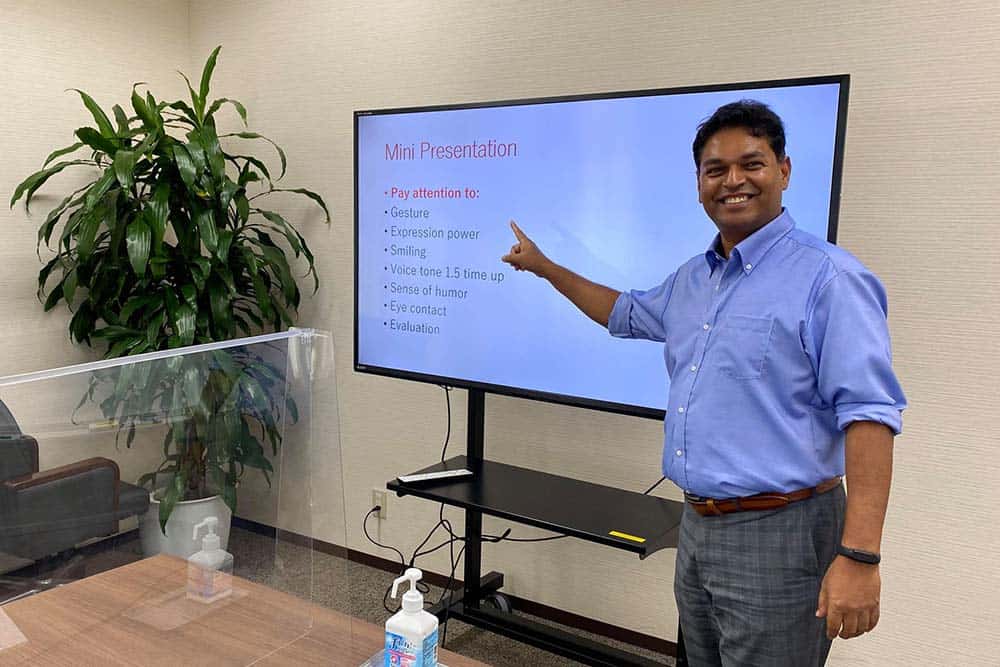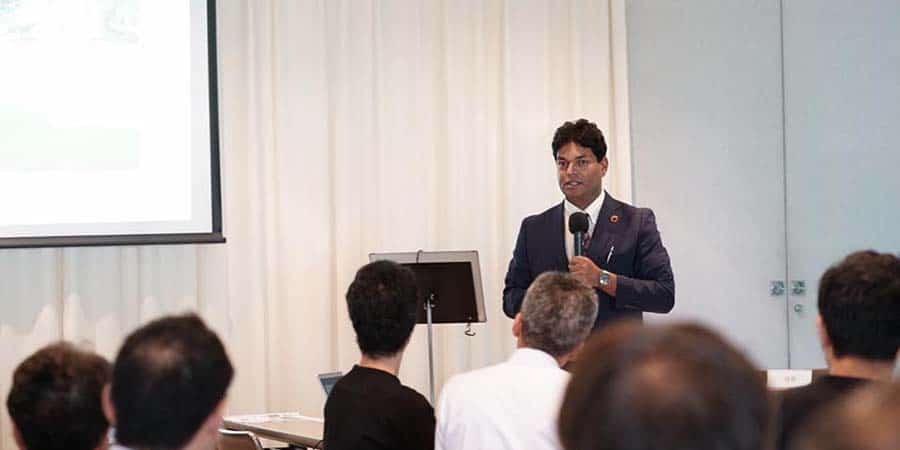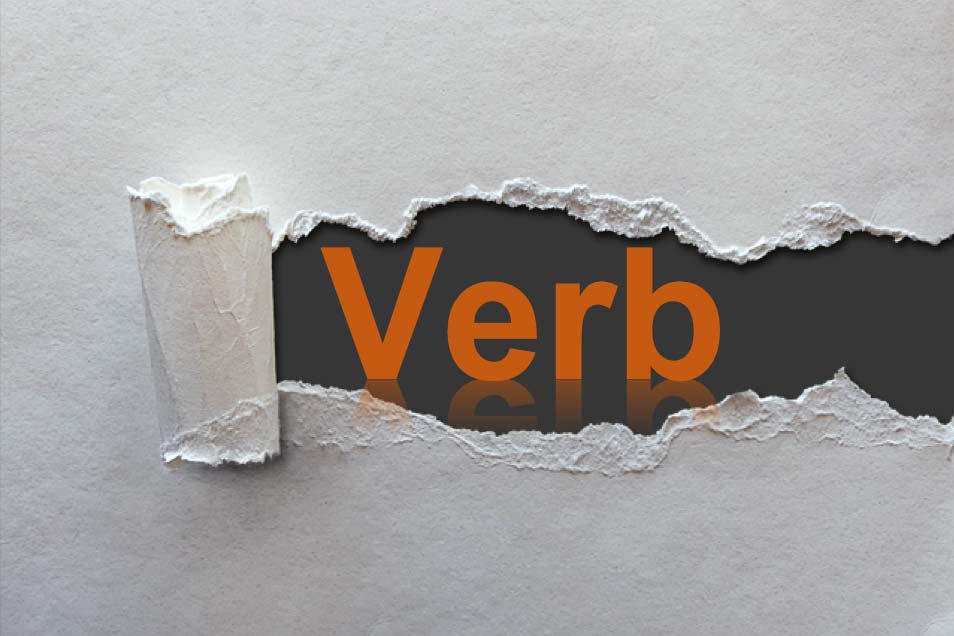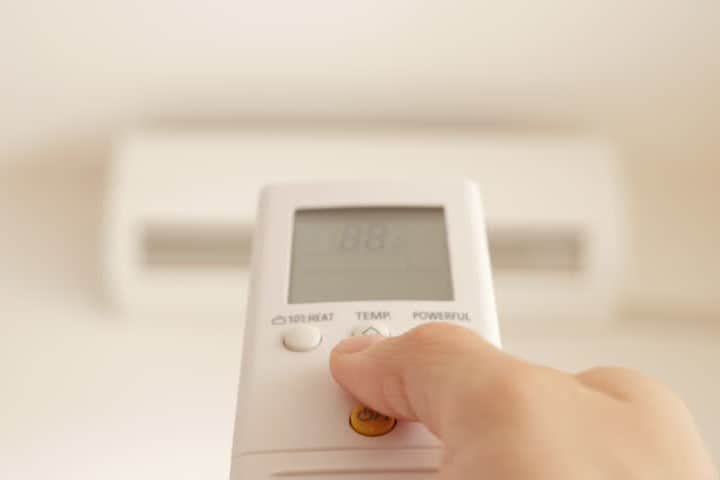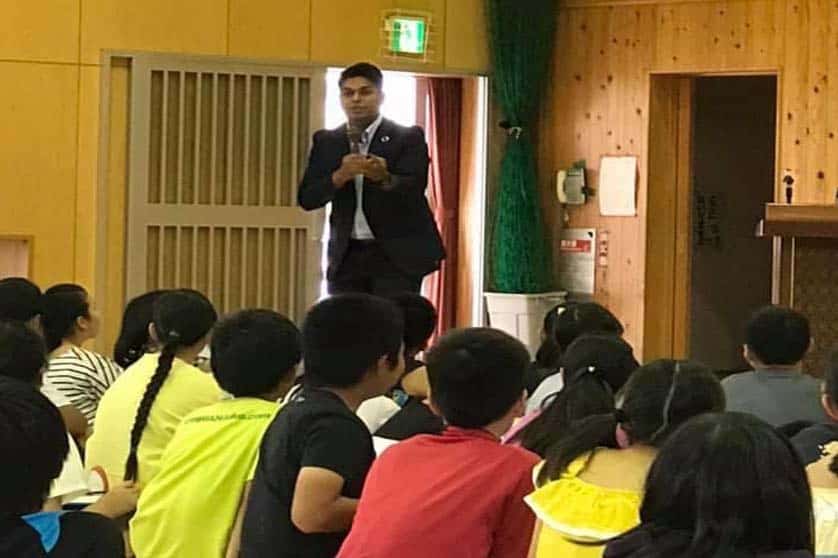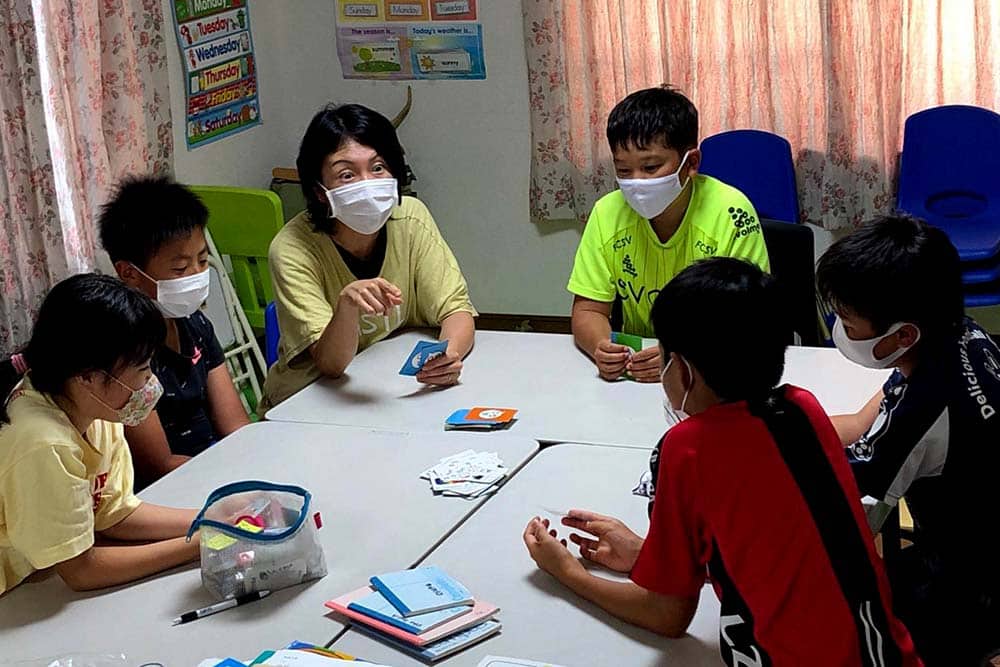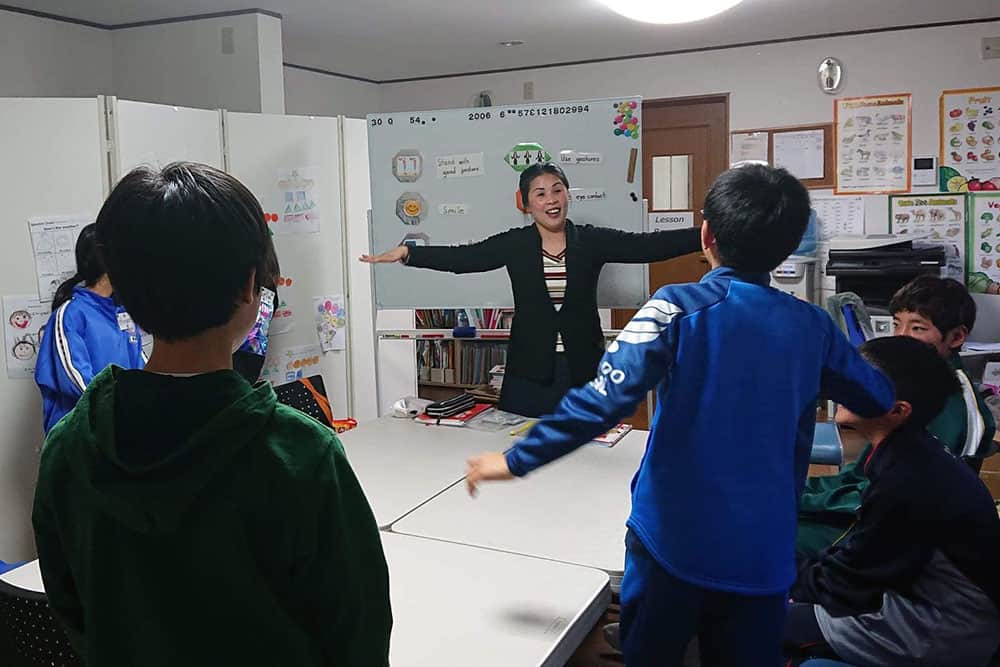毎朝Runningしています、と言う方も多いでしょう。Runには走る、だけではなく、スムーズに進む、と言う意味があります。舞台演劇や映画などが人気で長期間公演されることをロングラン、と言いますよね。 His business is running well. 彼のビジネスはうまくいっている。 The river is running so fast. 川がとても速く流れている。 The train runs on schedule. その電車はスケジュール通りに進みます。 The car runs on solar batteries. その車はソーラー電池で動きます。 My nose is running. 鼻水が出ている。 名詞で使うときに、女性のストッキングの伝線、と言う意味もあります。 I have a run in my stockings. …
今年は外食の機会が減り、お気に入りのお店の食べ物をテイクアウトした人も多いのではないでしょうか。テイクアウトは「お持ちかえり」と言う意味で使われていますが、他にもいろいろな意味で使える言葉です。 My husband takes out the garbage on Monday morning. 夫は月曜の朝にゴミを出してくれる。 He took me out last night. 彼は昨日の夜私を(デートに)連れ出した。 I need to take out my contact lenses. 私はコンタクトレンズを外さなくてはいけない。 You can take out these books. これらの本を持ち出してもいいですよ。 The dentist took out my tooth. …
I put calendar on the wall. 私はカレンダーを壁に貼りました。 I put the bag on the table. 私はカバンをテーブルの上に置きました。 He puts sugar in his coffee. 彼はコーヒーに砂糖を入れます。 Please put the sentence into English. その文を英語に直してください。 前置詞と一緒に熟語として使うともっと意味が広がります。 Put on you jacket. ジャケットを着なさい。 We need to put off the concert. コンサートを延期する必要がある。 Put …
Thank you. 皆さんご存知のありがとう、です。短くThanks. と言うこともできます。 Thank you very /so much. Thank you for your help. I’m grateful to you. I appreciate it. では、どういたしまして、はYou’re welcome. の他にどんな言い方があるでしょうか? My pleasure. No problem. Never mind. Sure. That’s OK. 様々な言い方を言えるように口に出して練習してみましょう。 #英会話 #英語リスニング #浜松 #発音 #英作文 #英単語 #英語表現
日本人は何でも言葉を短くするのが得意ですね。 パソコンはpersonal computer を短くしたものです。もう皆さん一人一台持つような時代になりましたので、単にcomputer と言います。 リモコンはremote controller を短くしたものです。 エアコンはair conditioner と言います。 英語ではいちいち長いままで単語を言うの?と思うかもしれませんが、英語も短くして使うものはあります。Remote controller は一般的にremote だけで使いますし、冷蔵庫はrefrigerator と言いますが長いのでfridge と短く言います。子供たちが大好きなhippopotamus カバ、はhippo、rhinoceros サイ はrhino と短くして呼びますよね。 #英会話 #英語リスニング #浜松 #発音 #英作文 #英単語 #英語表現
皆さんもきっと1本は持っているでしょうシャープペンシル。最近はシャーペン、なんて呼びますね。SharpもPencilも英語ですから、Sharp pencil と言うかしら?と思ったら答えは×。 Mechanical pencil と呼びます。日本ほど外国では普及していないようです。 ホッチキス stapler ボールペン ball point pen 消しゴム eraser 蛍光ペン highlighter ちなみに下敷きも他の国では使わないようで、説明するならplastic sheet とでも言えば近いでしょうか。 #英会話 #英語リスニング #浜松 #発音 #英作文 #英単語 #英語表現
1. Is he tired? 2. Is she tired? 3. Is Mr. Kato tired? 4. Are you tired? 5. Are Kato and Sato tired? 6. Are we tired? 7. Was he tired? 8. Was she tired? 9. Were they tired? 10. …
1. Is he eating? 2. Are you eating? 3. Is she eating? 4. Was he eating? 5. Were you eating? 6. Were we eating? 7. Were they eating? 8. Was Mr. Kato eating? 9. Were Kato and Sato eating? 10. …
1. Do you eat? Does he/she eat? 2. Can you eat? Can he eat? 3. Could you eat? Could he eat? 4. Will you eat? Will he eat? 5. May I eat? May I ~? は、「~してもいいですか?」という許可を求める文なので、he など他の主語が来ることはあまりありません。 Will you eat …

